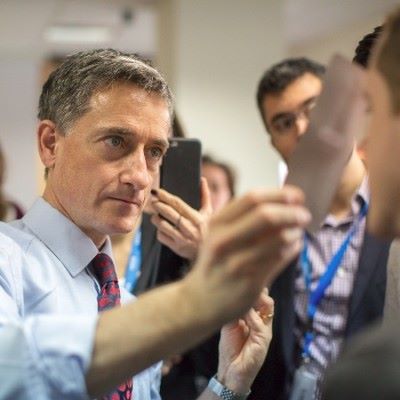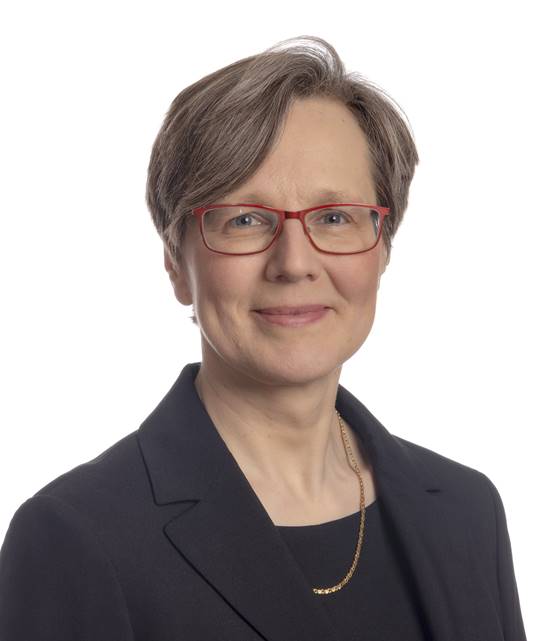
Myopia control in children
This full day, online course will deliver a range of lectures from various experts involved in research and treatment of children with myopia. We will be covering myopia epidemiology, risk factors and causes, progression of myopia, current research and evidence, optical and pharmaceutical interventions, behavioural and environmental interventions, clinical assessment and monitoring, patient management and compliance, integration into optometric practice, and future innovations. By the end of the myopia course, you'll have gained a wealth of knowledge and empowered yourself to better understand and manage myopia.
Who should attend?
Aimed at both community and hospital optometrists but also relevant for doctors, ophthalmic nurses and allied health professionals who wish to learn more around myopia in children.
Learning objectives
1. Define and understand myopia, its prevalence, risk factors and causes.
2. Understand typical progression patterns of myopia in different age groups and the impact of myopia on ocular health and potential complications.
3. Evaluate recent research findings on myopia control strategies and the scientific evidence supporting various interventions.
4. Apply the use of specialised eyeglasses and contact lenses for myopia control and explore how myopia control can be integrated into optometric practice, with appraisal of the business aspects and patient education in implementing myopia control services and identifying the key elements for clinical assessments and monitoring progression in myopia.
5. Understand the principles and effectiveness of orthokeratology in myopia control and the fitting process and patient management for ortho-K.
6. Evaluate the role of pharmaceutical interventions, such as atropine eye drops.
7. Explore the integration of myopia control into the optometrist practice and discuss the business aspects and patient education in implementing myopia control services.
8. Discuss strategies for managing patients undergoing myopia control interventions, emphasizing the importance of patient compliance and follow-up and appraise problem-shooting cases.
9. Discover emerging technologies and research in the field of myopia control including the use of red light therapy and potential future developments and innovations.
CPD certification
6 CPD points will be applied for and certificate of attendance will be awarded at the end of the course.
Book Now
| Date | Location | Time | Seats | Price | |
| Wednesday 15 October 2025 | Online | 9:00 - 17:30 | £175.00 |
Course fees
Location
Taught by

Bruce Evans
Bruce Evans is Visiting Professor to City, University of London and London South Bank University. Bruce is Fellow of College of Optometrists, American Academy of Optometry, European Academy of Optometry & Optics, and British Contact Lens Association. He has authored 270 publications, including ten book editions; and presented >140 conference presentations, including 8 keynote & 4 named lectures. His main areas of research are myopia control, binocular vision, contact lenses, children’s vision, headaches including migraine, computer vision syndrome, and dyslexia.

Dr Annegret Dahlmann-Noor
Dr Annegret Dahlmann-Noor is the Director of the Children’s Service and the Clinical Trials Lead for Paediatric Ophthalmology at Moorfields Eye Hospital in London, UK, and Honorary Clinical Associate Professor in Ophthalmology at University College London, UK. Her clinical practice includes paediatric ophthalmology and ocular motility and neuro-ophthalmology in children and adults. Her research interests include myopia, amblyopia, and rare vision disorders and support strategies for children and families


